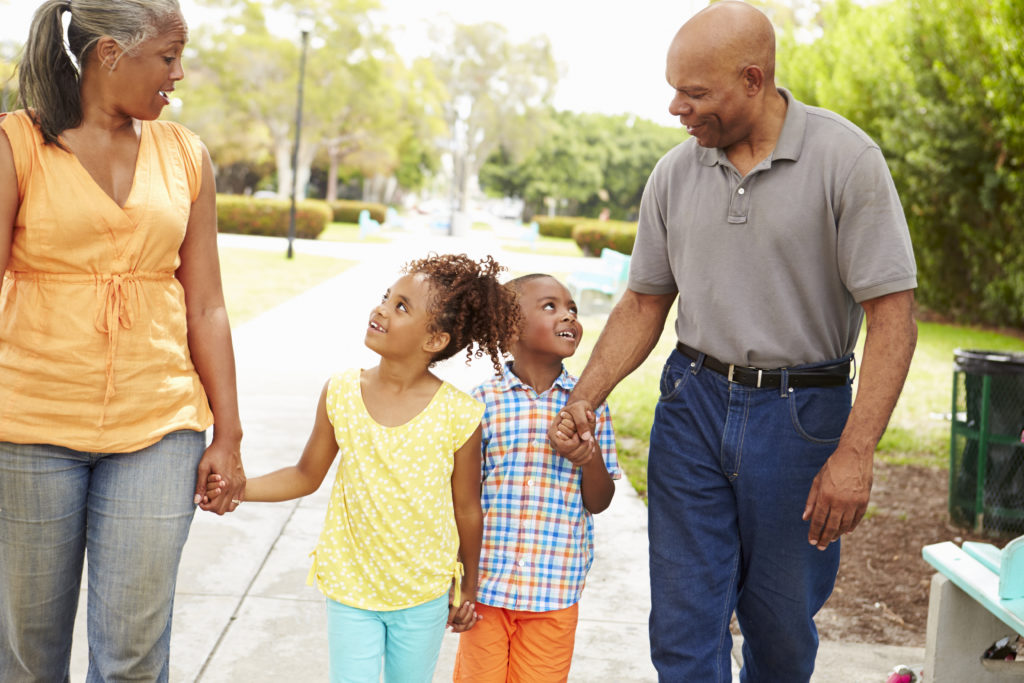
Becoming a Grandparent Carer
It can be a big change for both you and the child. You might have had some idea that there was a problem in the child’s family. Sometimes you might not know how long you will care for the child. It can all be a big shock. But you are not alone – it happens to thousands of grandparents, aunts, uncles, sisters, brothers, neighbors and friends across America.
When you become a grandparent carer, it can be a time of very mixed feelings. You might find it hard to go from being the ‘fun’ person in the child’s life to be the person who has to set rules and boundaries. You might find taking children into your home causes conflict among other family members. You might also feel:
- overwhelmed by how much new information and the responsibility you have to cope with
- worried about the financial impact of taking on the care of a child
- angry and frustrated at being placed in this situation
- guilty because you think you’re somehow to blame
- sad about the loss of plans for retirement and time for yourself
- uncertain about the future
- disappointed by the loss of some friendships because of the child takes priority
- concerned you could not be able to manage the child, particularly if the child has some developmental delay or challenging behavior.
It is normal to feel lots of different emotions when big changes like this happen in your family. Accepting this change can take time and lots of patience.

Grandparent carers say that there are many benefits and joys to raising children. These include the chance to:
- be close to children as they grow
- feel reassured and confident that children are emotionally and physically safe, happy and cared for
- find a new lease on life.
Being a grandparent carer is also challenging:
- It can be stressful to suddenly take children into your home.
- It can cause tension or conflict among family members.
- The legal arrangements for children’s care can be complicated and confusing.
- The children might be sad, frightened or angry, which can cause difficult behavior.
- You might spend your savings or retirement funds on raising children.
- Costs can be high, especially if the child has additional needs.
When children come to live with you, they have experienced a major change in their lives, often as the result of a traumatic experience. Not only have they been separated from their parents, but they might also have had to move house, change schools, leave friends or separate from loved pets.
It is normal for children to feel angry, sad and worried. They might show their feelings in ways like withdrawal, behavior problems, and clinginess.
All children need to build a relationship with an adult they can trust. It might take time and a lot of patience for them to build this relationship with you. If you are worried about the children you are caring for, talk to your doctor about a referral to a child psychologist.
